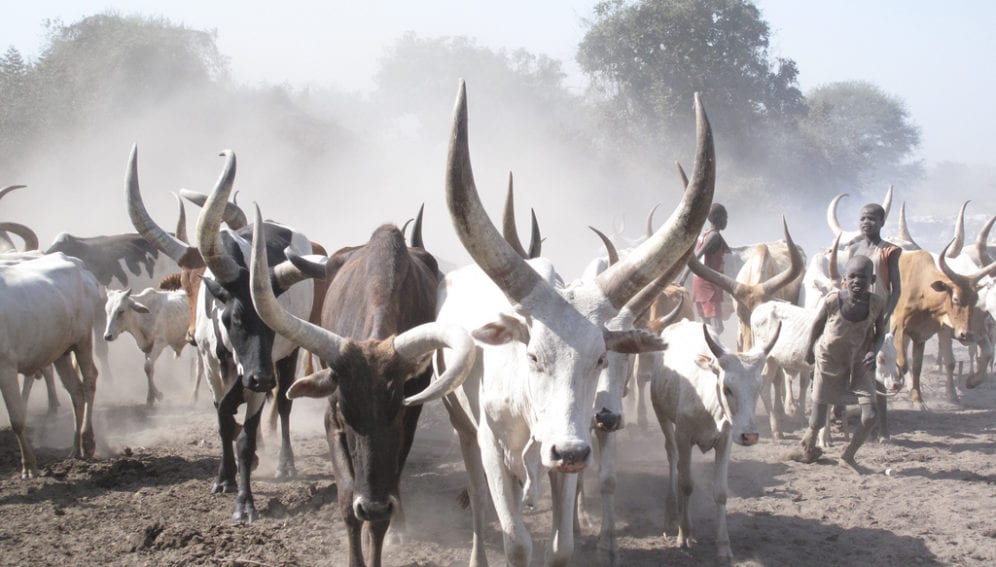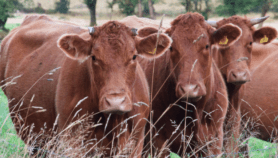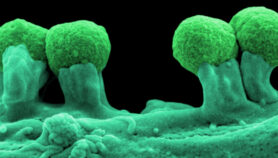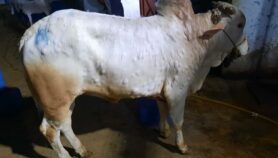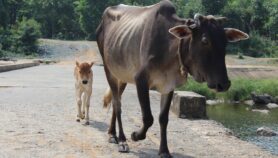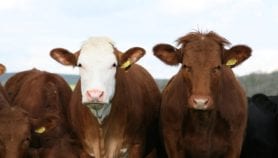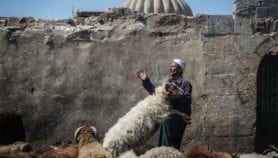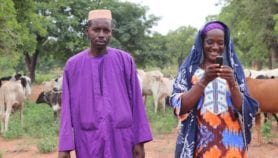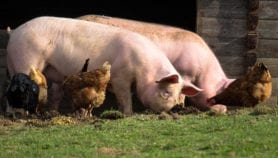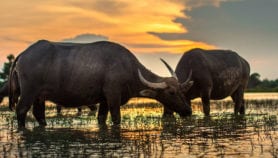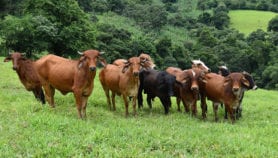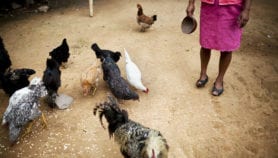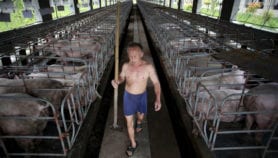By: Lou Del Bello
Send to a friend
The details you provide on this page will not be used to send unsolicited email, and will not be sold to a 3rd party. See privacy policy.
Researchers in Kenya are working towards setting up the world's first genebank for livestock.
The genebank could help protect the biodiversity of threatened breeds and be a useful research tool, says the team, based at the International Livestock Research Institute (ILRI) in Nairobi, Kenya.
Collecting genetic samples of species into genebanks is not new ― it has been done for many years with crops.
But the importance of preserving the genetic diversity of livestock has been underestimated until now, says Jimmy Smith, ILRI's director general.
In Africa about a billion people depend on livestock for their livelihoods, and animal-sourced food makes an important contribution to nutrition, yet livestock biodiversity is being eroded as fast as crop biodiversity, he says.
"If in the short term the main benefit would be to prevent biodiversity reduction, in the long term it could make a precious resource: by searching within the samples, we could isolate species that are resistant to particular diseases or can easily adapt to climate change," says Smith.
ILRI is investigating how best to realise the genebank, including what is needed in terms of technical skills, infrastructure and legislation.
The researchers plan to use two different preserving techniques, cryopreservation, which would involve freezing animal cells at low temperatures using liquid nitrogen, and in vivo preservation.
Irene Hoffmann, chief of the Animal Genetic Resources Branch of the UN Food and Agriculture Organization, says there are technical and legal hurdles to realising a livestock genebank that may be difficult to overcome, especially in developing countries.
"Many emerging countries do not have the infrastructure, they are not able to meet sanitary requirements or lack supplies of liquid nitrogen," she says.
There is also the issue of ownership, as some countries do not want to deposit what they consider their national heritage into a global genebank.
This problem could be overcome by, for example, setting up a database to connect different national genebanks into a global network without moving the materials, says Hoffmann.
At the moment the plans are at a preliminary stage and the project needs more funding, but Smith maintains that Africa has the right technical resources and know-how to accomplish the task.
"To realise such a complex structure we will need different expertise ranging from biology, ecology and economy, but ILRI is a global organisation and we bring together the right technical skills from both developing and developed world," he says.


